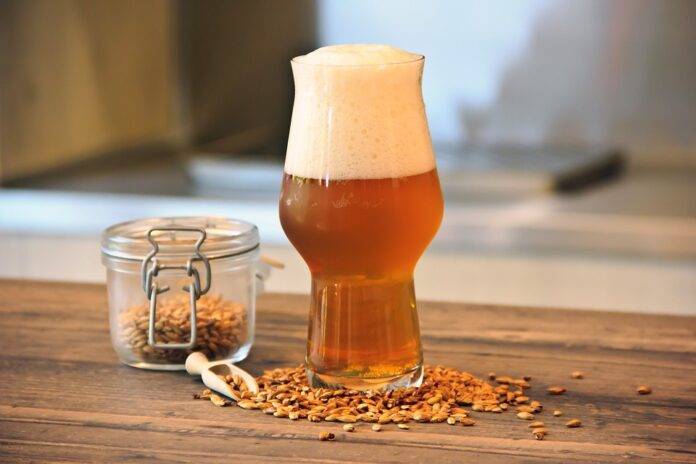Why Belgian Beer Styles Are Known for Complexity and Fermentation Character
Belgian beer has long been celebrated for its complexity, diverse flavors, and unique fermentation character. From Trappist ales to lambics, Belgian brewers have mastered the art of creating beers that stand out in the global market. In this report, we will delve into the reasons behind why Belgian beer styles are known for their distinctive qualities.
Historical Influence on Belgian Beer Styles
Belgium’s rich brewing tradition dates back centuries, with monks playing a significant role in shaping the country’s beer culture. Trappist breweries such as Westvleteren, Chimay, and Orval have upheld centuries-old brewing techniques, producing some of the most sought-after beers in the world. These abbey beers are known for their deep malt flavors, complex yeast profiles, and high alcohol content.
Additionally, Belgium’s diverse geography and microclimates have contributed to the development of a wide range of beer styles. From the fruity and spicy notes of Belgian ales to the sour and funky flavors of lambics, Belgian brewers have leveraged their natural surroundings to create unique and innovative brews.
Fermentation Techniques
One of the key factors that set Belgian beer apart from other styles is the fermentation process. Belgian brewers often use a mix of top-fermenting and wild yeast strains, resulting in complex and unpredictable fermentation character. This approach leads to a wide variety of flavors and aromas, ranging from fruity esters to spicy phenols.
In addition to yeast, Belgian brewers also utilize spontaneous fermentation for lambic beers. This traditional method involves exposing the wort to wild yeast and bacteria in open-air coolships, resulting in a tart and funky beer style that is unique to the region.
Ingredients and Brewing Techniques
Belgian brewers are known for their use of high-quality ingredients and traditional brewing techniques. Many Belgian beers are brewed with a variety of malts, hops, and spices, leading to complex flavor profiles that evolve over time. Some breweries also age their beers in oak barrels, adding depth and complexity to the final product.
Furthermore, Belgian brewers often embrace experimentation and innovation in their craft. From blending different beer styles to incorporating unconventional ingredients, such as fruits, herbs, and spices, Belgian breweries continue to push the boundaries of traditional brewing practices.
Industry Insights and Financial Data
The Belgian beer industry has experienced steady growth in recent years, with an increasing demand for craft and specialty beers both domestically and internationally. According to data from the Belgian Brewers Association, the country produced over 20 million hectoliters of beer in 2020, with exports accounting for a significant portion of sales.
Key players in the Belgian beer market include breweries such as Duvel Moortgat, Brouwerij De Halve Maan, and Brasserie de Rochefort. These companies have established themselves as leaders in the industry, producing a wide range of traditional and innovative beer styles that appeal to a global audience.
In conclusion, Belgian beer styles are renowned for their complexity and fermentation character due to a combination of historical influence, fermentation techniques, ingredients, and brewing practices. As the Belgian beer industry continues to evolve and grow, we can expect to see even more diverse and exciting beer styles emerging from this beer-loving country.


